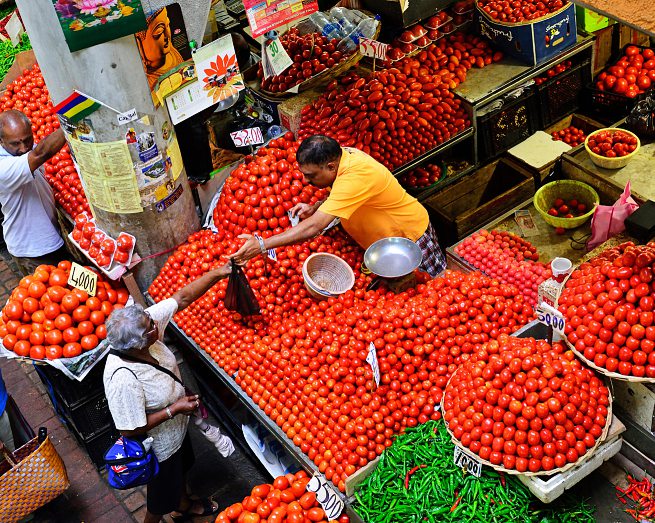Port Louis, Mauritius:
At the end of the world

Don't let its small size fool you. In spite of a population of just 150,000, the Mauritian capital is making steady progress. It's becoming a major financial hub, largely offshore, and a key interface between Africa, Asia and the Middle East. Numerous international and African companies have set up subsidiaries there, often as simple legal mailboxes, to take advantage of the attractive tax environment. This trend has built its reputation as a tax haven and which regularly puts the city on the various grey lists for anti-money laundering and suspicious financial flows. Established in 1992, the free port has asserted itself as a regional hub for transhipment, re-export trade and light processing of goods destined for Africa, Asia and Europe. With a focus on efficiency, Port Louis is also home to a new ecosystem in the fintech and AI sectors. The port and financial centre system is supported by modern and efficient air infrastructure (Air Mauritius). The capital is synonymous with its home island, the incredible diversity of the island's population (Africans, Creoles, Indians, Europeans, etc.), the vibrancy of local democracy and the spectacular beauty of its beaches. Expatriates, wealthy retirees and tourists from all over the world (1,400,000 in 2024) come here to relax, attracted by the architectural and natural heritage, the international cuisine, the luxury hotels and the beaches. It's a bit like the end of the world in the middle of the ocean, but it's worth it!